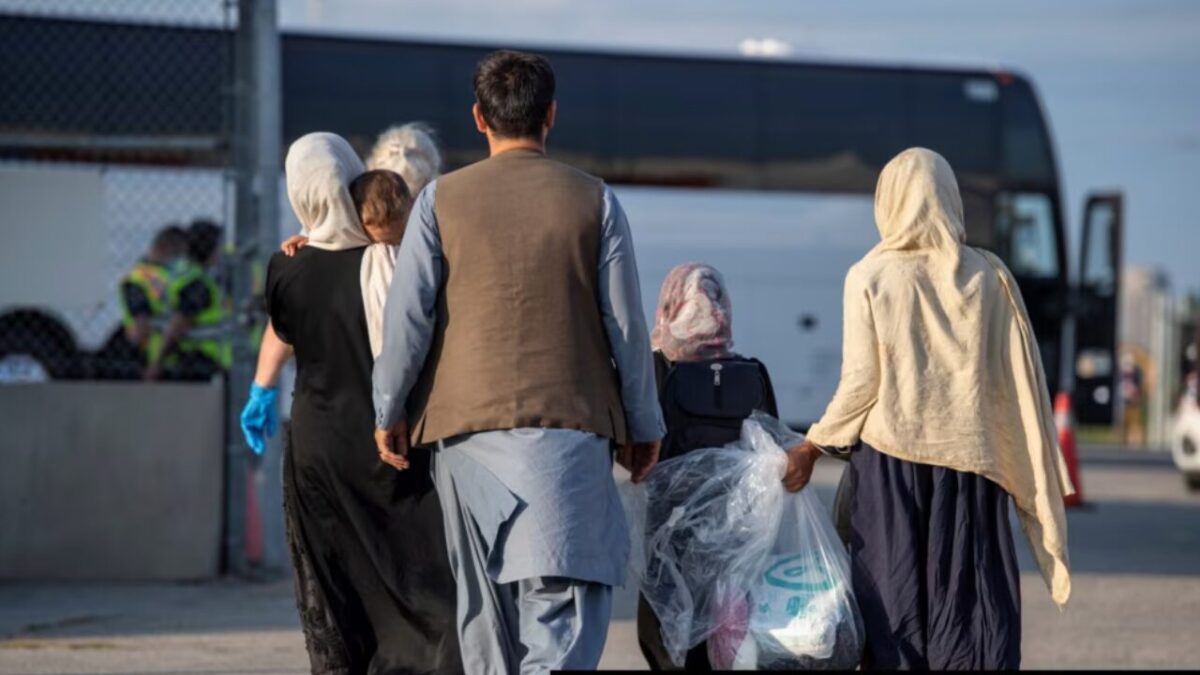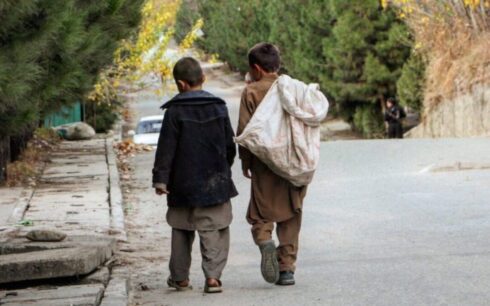LONDON — The UK’s resettlement programs for Afghans who fled after the Taliban takeover will eventually come to an end, Defense Secretary John Healey announced, though no specific timeline has been provided.
In a written statement to Parliament on Wednesday, Healey said more than 1,000 eligible families had been resettled in the UK over the past year. While pledging continued support, he noted that the process “cannot be an endless one.”
Starting in the spring, Afghan arrivals will be limited to nine months in transitional accommodations, such as hotels, before being required to find their own housing. Healey emphasized the government’s commitment to providing initial support but stressed the importance of transitioning to self-sufficiency.
The Afghan Citizens Resettlement Scheme (ACRS), launched in January 2022, aimed to resettle up to 20,000 individuals over several years. A separate program, the Afghan Relocations and Assistance Policy (ARAP), was established to support Afghans who had worked with UK forces and government entities prior to the Taliban’s return to power.
Official figures indicate that, as of September 2024, 17,956 individuals have been resettled in the UK under ARAP, while 12,426 have arrived through ACRS, including vulnerable refugees, women, and girls at risk.
Healey told Parliament that around 90 eligible families have been resettled each month over the past year, a pace expected to continue for the time being. “Ultimately, the government intends to reach a position where the UK Afghan resettlement schemes can be closed,” he said, adding that Parliament would be updated on further developments.
The UK’s resettlement programs are part of a broader international effort to assist Afghan allies and vulnerable groups following the U.S. and NATO withdrawal from Afghanistan in 2021. Western countries, including the United States, Canada, and European nations, initiated similar programs to evacuate and relocate those at risk under Taliban rule.
However, the UK’s resettlement schemes have faced criticism for logistical challenges, delays, and the difficulty many Afghans face in securing permanent housing. Advocates have called for greater clarity and support to address the needs of those still awaiting relocation or struggling to rebuild their lives in the UK.
While the closure of the schemes is not imminent, the government’s emphasis on their eventual end underscores the need for long-term solutions for displaced Afghans who have sought refuge in Britain.





